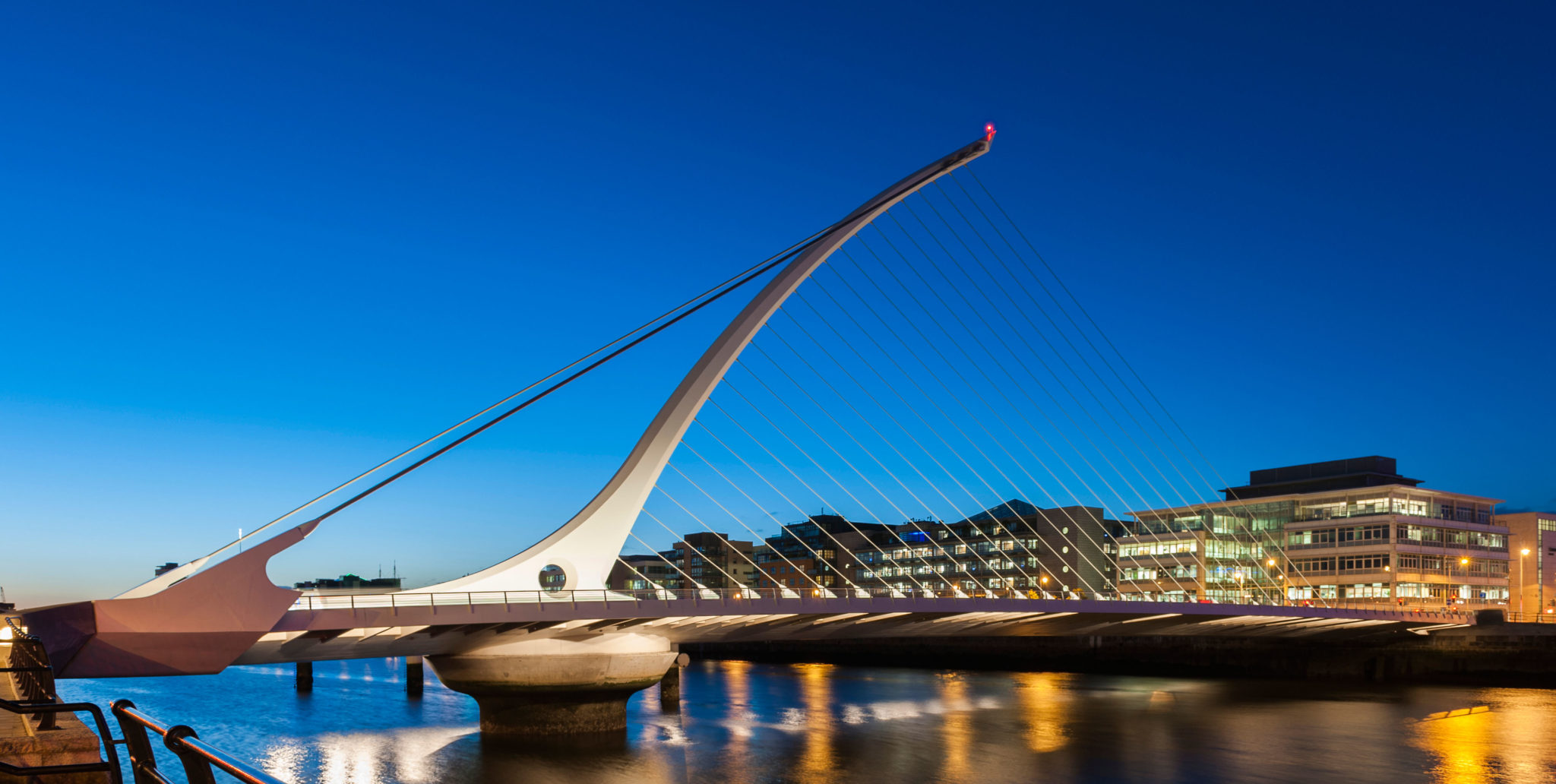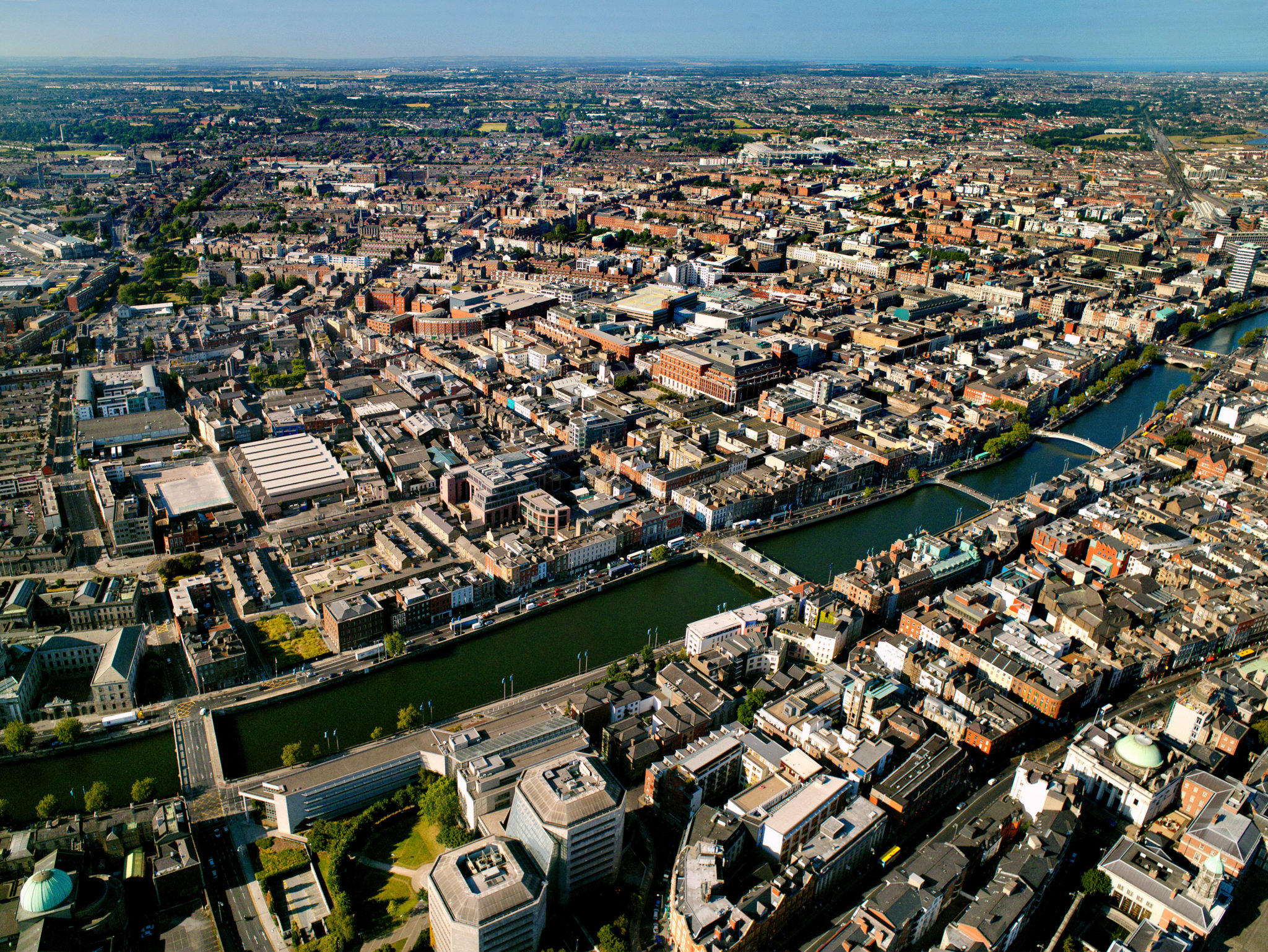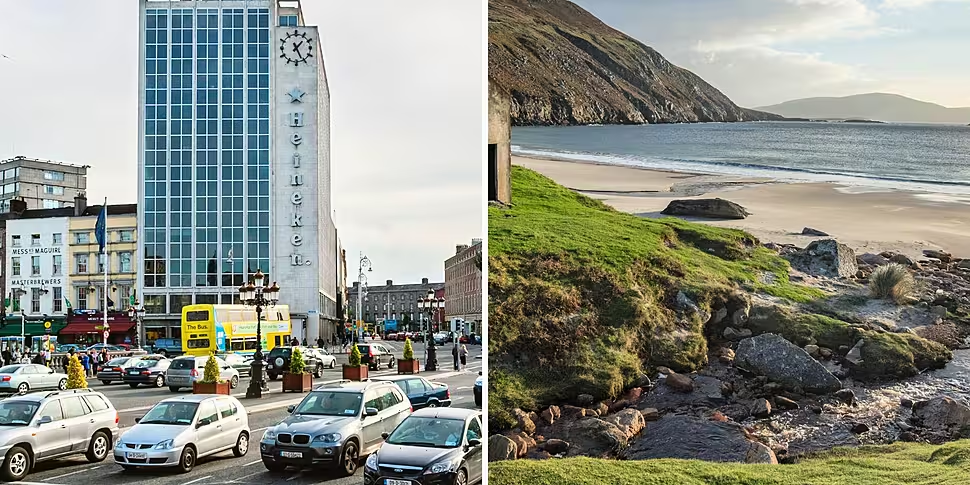The continued growth of Dublin is not in its own interests and is creating a regional imbalance.
That's according The Irish Times Former Environment Editor Frank McDonald, who believes the capital is essentially becoming a city-state.
He told The Hard Shoulder the latest Census shows how big the disparity is.
"Nearly half of the State's population of 5.1 million is now located in the eastern and midlands region - with only slightly over a third in the southern region, and just 17.6% in the northern and western region," he said.
"Even this disparity doesn't really reveal the full extent of Dublin's dominance.
"The eastern and midlands region excludes portions of the capital's 100km commuter belt.
"I'm thinking of parts of Wexford and Carlow, as well as parts of Cavan and Monaghan.
"The top five towns with populations of over 30,000 - Drogheda, Dundalk, Swords, Navan and Bray - are all within Dublin's orbit.
"This runs counter to the 2018 National Planning Framework, which specifically set out to "shift the spatial pattern of development in Ireland... towards more regionally balanced, city focused and compact growth."
"Really, in effect, the National Planning Framework is being shredded by what's happening on the ground".
Dublin's 'damaging effects'
Mr McDonald said the Census shows while Dublin City's population grew by 6%, Fingal and Kildare went up by 11%.
Meath increased its population growth by 13% and Longford saw a record increase of 14%.
Mr McDonald said while this has been ongoing for a long time, it is now "consolidating."
 The Samuel Beckett Bridge over Dublin's River Liffey in September 2012. Picture by: incamerastock / Alamy Stock Photo
The Samuel Beckett Bridge over Dublin's River Liffey in September 2012. Picture by: incamerastock / Alamy Stock Photo"Dublin is now so congested that this is having damaging effects on it," he said.
"[There are] escalating land prices and house prices, traffic congestion and pollution and so on.
"Really the continued growth of Dublin is not in the interest of Dubliners".
He said the over-concentration of economic activity in the capital - as well as "laissez-faire" spatial planning - means "this will severely inhibit any prospect of the four smaller cities acquiring a critical mass to become the economic engines of their own regions."
'M50 bypass'
Mr McDonald said as more and more people commute to Dublin, an M50 bypass may need to be built.
"The M50 is now the most heavily used road in the country, carrying up to 145,000 vehicles a day" he said.
"If Dublin continues to grow unchecked, we'll have to build an outer-orbital motorway - essentially an M50 bypass - to deal with all of the congestion that's being created by commuter land".
 An aerial view of Dublin city in July 2011. Picture by: scenicireland.com / Christopher Hill Photographic / Alamy Stock Photo
An aerial view of Dublin city in July 2011. Picture by: scenicireland.com / Christopher Hill Photographic / Alamy Stock PhotoMr McDonald said he believes Cork should be twice its population size.
"You have to wonder why is it taking so long to develop the redundant docklands area in Cork? Why is taking so long to deliver the Cork Events Centre?" he said.
"The problem is that there isn't enough to drive development in Cork city, no more than there is enough to drive development in places like Limerick, Cork and Waterford as well.
"I just wonder about what's going to happen if it continues on, chugging along in the same old way as it has in the past, with lip service being paid to the idea of balanced regional development - while Dublin, in effect, becomes a city-state?
"I'd like to see people from other parts of Ireland, basically, rising up in revolt against the runaway growth of Dublin," he added.
Listen back here:









